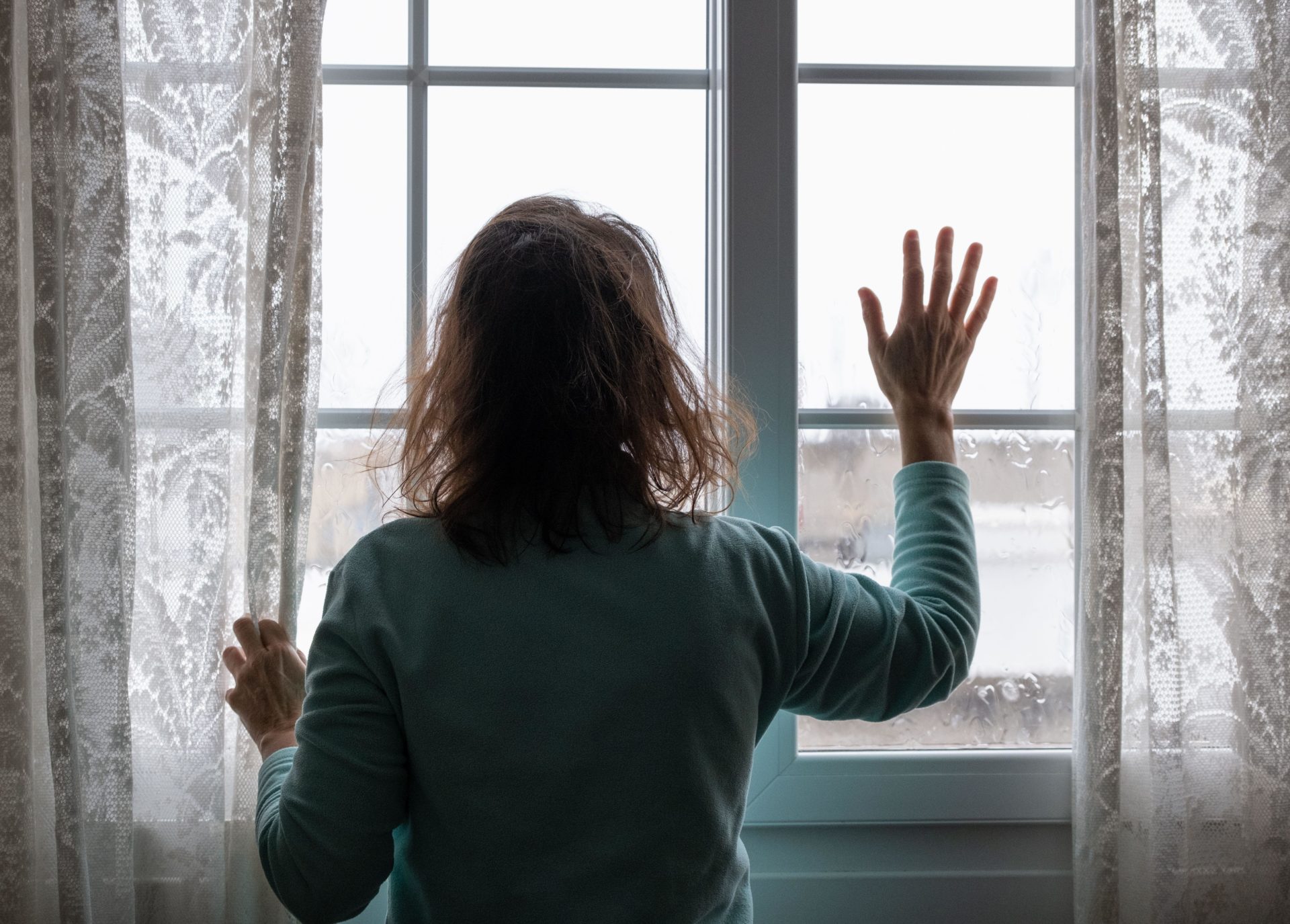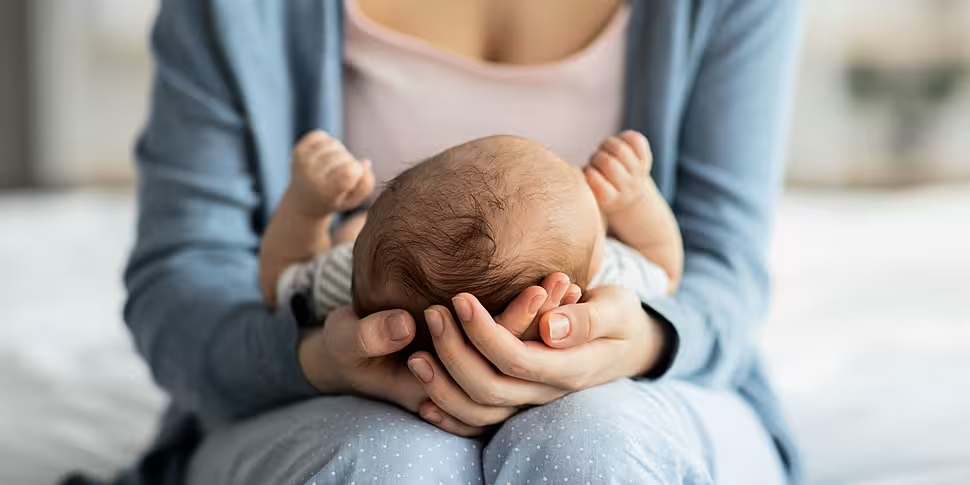Dealing with postpartum depression is like 'swimming under water', according to one woman who is calling for increased mental health services for new mothers.
Earlier this week, a study published in Irish Journal of Psychological Medicine found that women want more mental health support in the postpartum period.
On Lunchtime Live, mother-of-two Michelle Daly Hayes echoed this call for increased maternity support.
Ms Daly Hayes experience postpartum depression twice, and described the first time as "very daunting".
"I went to my GP and I went to counselling, which I ended up having to pay for myself privately," she said.
"Then I was on medication as well."
Five years later, Ms Daly Hayes gave birth to her second child and experienced postpartum depression again.
"The second time, I was lucky enough to have early intervention by my consultant who referred me to the UHL Perinatal Mental Health Clinic in Limerick," she said.
Stigma
This experience "highlighted the difference" targeted mental health supports can have on maternity mental health.
Ms Daly Hayes has since become an advocate for addressing the stigma surrounding postpartum depression.
"A lot of people don't want to talk about it - they're afraid to talk about it," she said.
"They're afraid of the negative ideas some people have about women who have postpartum mental health issues."
Ms Daly Hayes said the media projects an image of what postpartum life should look like, and this simply is not the reality for many new mothers.
"New mothers are portrayed as having no problems at all - or they’re vilified," she said.
"I think we need to be realistic in the middle."
 A woman looks out of a window, Alamy.
A woman looks out of a window, Alamy.Ms Daly Hayes said some mothers with postpartum depression find it challenging to ask for help.
"Going to the GP is a big deal if you’re in the depths of a depression, or if you’re not feeling well," she said
"I often describe it as swimming under water - you know the world is out there, but you’re just focusing on getting from one side of the pool to the other."
The State covers a six-week check up for new mothers, but Ms Daly Hayes said women need more than this.
"Often the six-week check is about the baby, and that check tends to be half-an-hour at most," she said.
"Is that enough time to go a bit deeper?"
Community support
Increased availability of public health services and community support networks may help improve maternity mental healthcare, Ms Daly Hayes said.
"Public health nurses call in and look after the mum, and see the baby, but they're spread really thin," she said.
"A lot of them are retiring, and it’s hard to replace them."
Unless the Government increase public health nurses, Ms Daly Hayes said families and new mothers might "fall through the cracks".
You can listen back here:
Feature image: A mother holds a newborn baby on her lap, Alamy.









